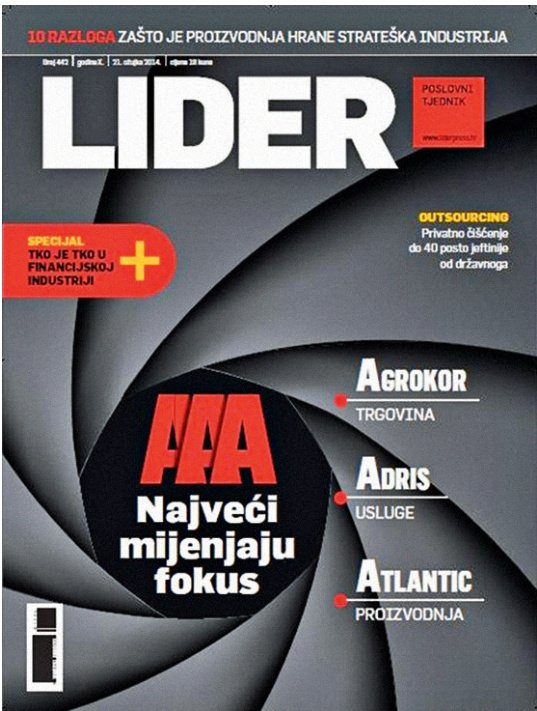The British are famous for their 1._, prone to referring to major problems as ‘a 2._ of bother’ for example. Similarly, just what is meant by the use of words like fairly, quite, rather and pretty, which all translate as ‘prilično’ in Croatian? Are they all more or less synonymous? These four adverbs can be rather confusing, as they all describe a medium or 3.____ point on a scale, somewhere between not and very as you can see on our scale here. So how are they different?
Fairly is the least of the four, it 4.____ adjectives and adverbs, but does not suggest a very high degree. For example: ‘How was your trip? Fairly good, but not the best I’ve ever been on’, or ‘I speak English fairly well, but I’m not fluent’. It is very important to note that if you say for your colleague that he or she is fairly good at what they do, they might not be very happy! Use fairly after ‘a’: ‘She’s a fairly good manager’.
Quite 5._ a higher degree than fairly, though not a great difference: ‘How was your trip? Quite good, I enjoyed it’, or ‘I speak English quite well, I’ve been studying it for quite some time’. Often the difference is that quite has a more positive connotation than fairly. This is also true when comparing quite to rather – rather is often used to imply a negative quality: ‘I thought the meeting was rather dull and boring. Really? I found it quite interesting actually’. If you use rather with a 6._ comment, it means ‘better than you thought’, or ‘more than usual’, and makes rather stronger than quite: ‘How was your trip? Rather good actually, I did not expect much so I was pleasantly surprised’.




